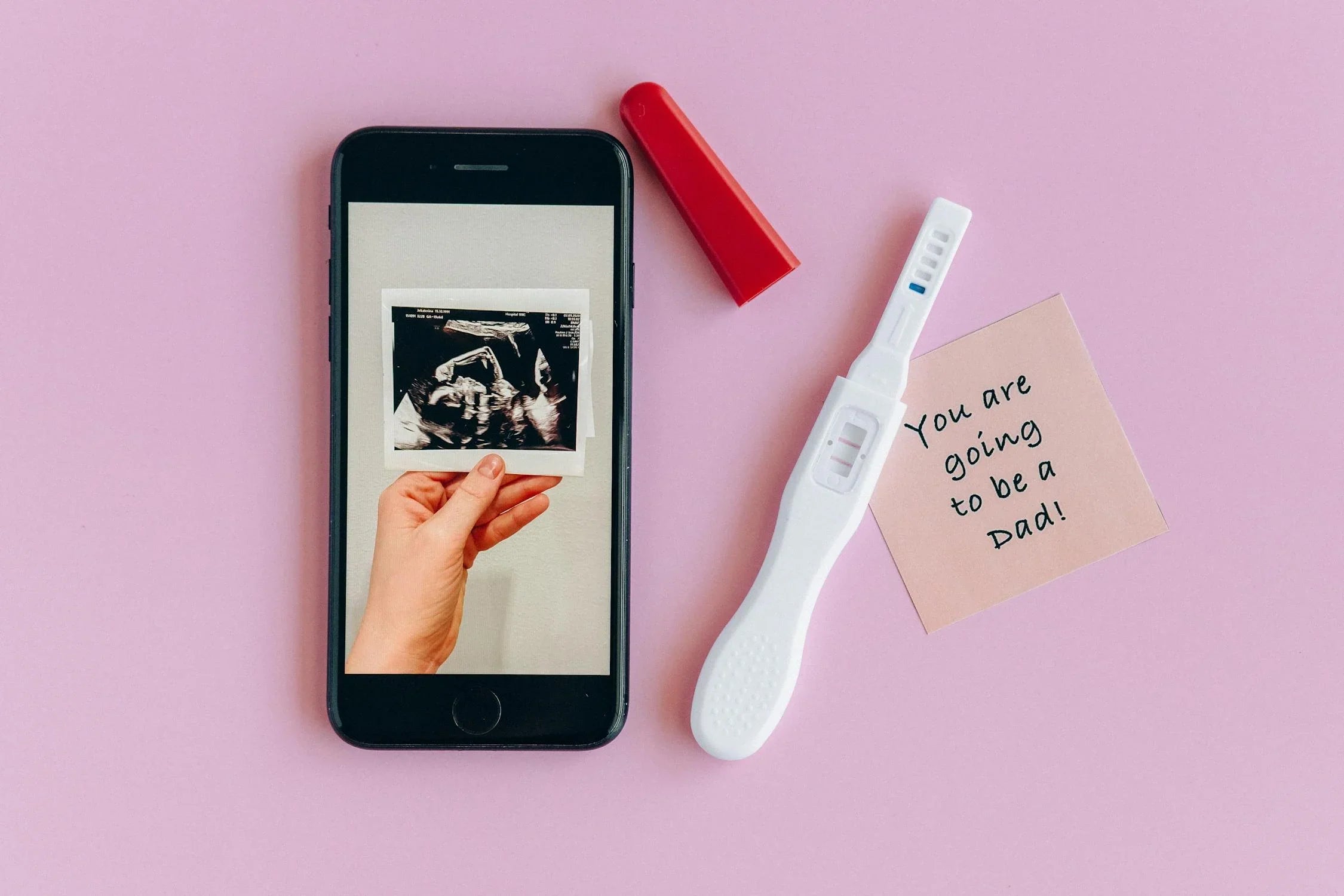Home
Pregnancy, Breastfeeding, and Pumping: The Ultimate Guide for Moms
How Early Does First Response Pregnancy Test Work: A Comprehensive Guide

How Early Does First Response Pregnancy Test Work: A Comprehensive Guide
When it comes to finding out if you’re pregnant, timing is everything. Many women wonder, how early does First Response pregnancy test work? This article dives deep into the science behind early pregnancy testing, the accuracy of these tests, and how to use them effectively to get the most reliable results.
Understanding Early Pregnancy Testing
Pregnancy tests work by detecting the presence of human chorionic gonadotropin (hCG), a hormone produced by the placenta shortly after a fertilized egg attaches to the uterine lining. The level of hCG in your body increases rapidly in the early stages of pregnancy, doubling approximately every 48 to 72 hours.
Most pregnancy tests on the market are designed to detect hCG levels in urine. However, not all tests are created equal. Some are more sensitive than others, meaning they can detect lower levels of hCG earlier in the pregnancy.
How Early Can You Test?
The question on many women’s minds is, how early does First Response pregnancy test work? The answer depends on the sensitivity of the test. Some tests can detect hCG levels as low as 6.3 mIU/mL, which means they can potentially detect pregnancy as early as six days before your missed period.
However, it’s important to note that the accuracy of the test increases the closer you get to your expected period. Testing too early can result in a false negative, even if you are pregnant. This is because the hCG levels may not yet be high enough to be detected by the test.
Factors Affecting Test Accuracy
Several factors can influence the accuracy of an early pregnancy test. These include:
- Timing of the Test: As mentioned earlier, the closer you are to your missed period, the more accurate the test will be.
- Time of Day: hCG levels are typically highest in the morning, so taking the test with your first urine of the day can increase accuracy.
- Test Sensitivity: Not all tests are equally sensitive. Some are designed to detect lower levels of hCG, making them more effective for early testing.
- User Error: Incorrect usage of the test, such as not following the instructions properly, can lead to inaccurate results.
Tips for Accurate Early Testing
If you’re eager to find out if you’re pregnant, here are some tips to ensure you get the most accurate results:
- Wait Until the Right Time: While it may be tempting to test as early as possible, waiting until at least a day before your expected period can increase the likelihood of an accurate result.
- Use First Morning Urine: As hCG levels are highest in the morning, using your first urine of the day can improve the test’s accuracy.
- Follow Instructions Carefully: Make sure to read and follow the instructions that come with the test. This includes how long to wait before reading the results and how to interpret them.
- Confirm with a Doctor: If you get a positive result, it’s a good idea to confirm it with a healthcare professional. They can perform a blood test, which is even more accurate than a urine test.
Understanding False Positives and Negatives
While early pregnancy tests are generally reliable, there is still a chance of getting a false positive or negative result. A false positive occurs when the test indicates you’re pregnant when you’re not. This can happen due to certain medications, medical conditions, or even an expired test.
On the other hand, a false negative occurs when the test indicates you’re not pregnant when you actually are. This is more common when testing too early, as the hCG levels may not yet be high enough to be detected.
When to See a Doctor
If you’ve taken a pregnancy test and are unsure of the results, or if you’re experiencing symptoms of pregnancy but have received a negative test result, it’s a good idea to consult with a healthcare provider. They can perform a blood test, which is more sensitive and can detect lower levels of hCG than a urine test.
Additionally, if you receive a positive result, it’s important to schedule an appointment with your doctor to confirm the pregnancy and begin prenatal care.
Emotional Considerations
Waiting to find out if you’re pregnant can be an emotional rollercoaster. It’s important to take care of your mental health during this time. Whether you’re hoping for a positive or negative result, the uncertainty can be stressful.
Consider talking to a trusted friend or family member about your feelings. If you’re struggling with anxiety or depression, seeking support from a mental health professional can be beneficial.
Conclusion
So, how early does First Response pregnancy test work? The answer is that it can detect pregnancy as early as six days before your missed period, but the accuracy increases the closer you get to your expected period. By understanding the factors that affect test accuracy and following the tips outlined in this article, you can increase your chances of getting a reliable result.
Remember, while early pregnancy tests are a convenient and private way to find out if you’re pregnant, they are not foolproof. If you have any doubts or concerns, it’s always best to consult with a healthcare provider. Whether you’re trying to conceive or just want to be sure, knowing when and how to test can make all the difference in your journey.
Share


